Search
Search
Dr. Robert Teasell
Dr. Robert Teasell, MD, PhD, FRCPC
Acting Chair, Physical Medicine and Rehabilitation
Acting Scientific Lead, The Gray Centre
Dr. Robert Teasell is a physiatrist at Parkwood Institute, a Professor in the Schulich School of Medicine and Dentistry at Western University, is the acting Chair for the Physical Medicine and Rehabilitation department and the acting Scientific Lead for The Gray Centre. He is a Clinical Researcher with Lawson Health Research Institute, Parkwood Institute Research and Director of the CORRE Research Group.
Dr. Teasell has authored over 800 publications including over 350 peer-reviewed articles and has been involved with $24 million of research funding. He has won over 50 awards including Lawson Scientist of the Year, and Post-Acute Stroke Excellence Award, both in 2018, American Congress of Rehabilitation Medicine and National Stroke Association in the United States.
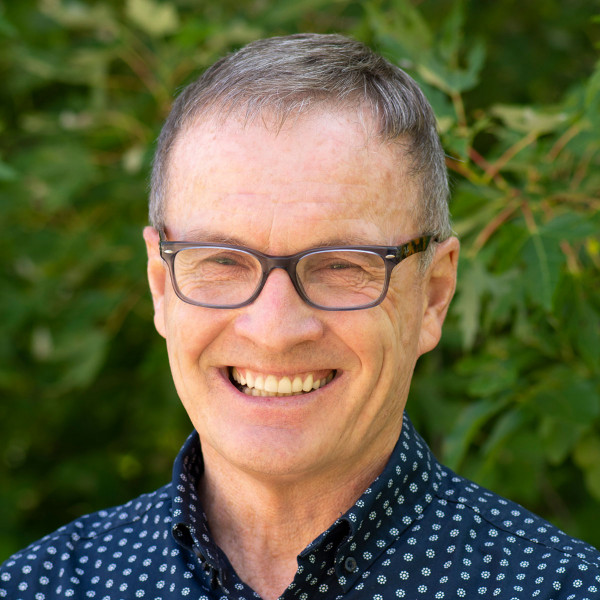
Jayne Garland
Jayne Garland, Msc, Phd
Dean Faculty of Health Sciences, Western University
Jayne Garland is Professor and has been the Dean of the Faculty of Health Sciences at Western University since 2016. Prior to this role, Jayne was Professor and Director of the Department of Physical Therapy at UBC from 2009-2015. She was a member of Western’s Faculty of Health Sciences from 1989 to 2009, a tenure that included eight years as the Director of the School of Physical Therapy.
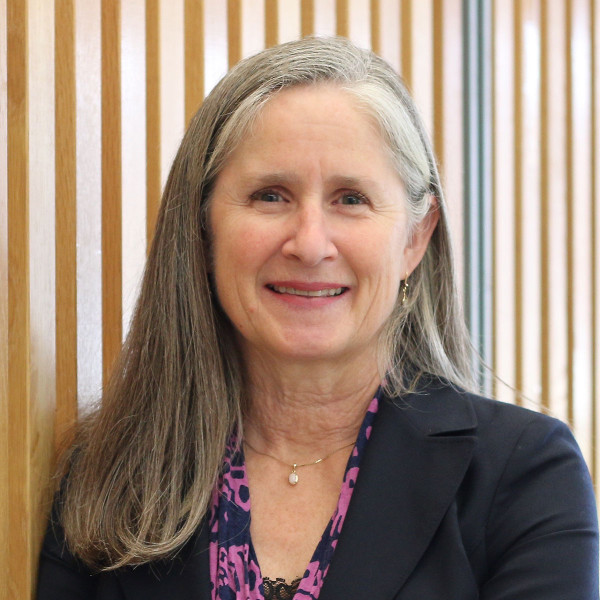
Jeff Weiler
Jeff Weiler, PhD
Coordinator, The Gray Centre for Mobility and Activity
Adjunct Professor, Schulich School of Medicine and Dentistry
Jeff Weiler is the Coordinator of The Gray Centre for Mobility and Activity and oversees clinical, research and administrative day-to-day operations. Jeff earned a Phd from Western University in the area of motor control and has an extensive track record of publishing research papers and presenting on topics related to the neuroscience of human movement.
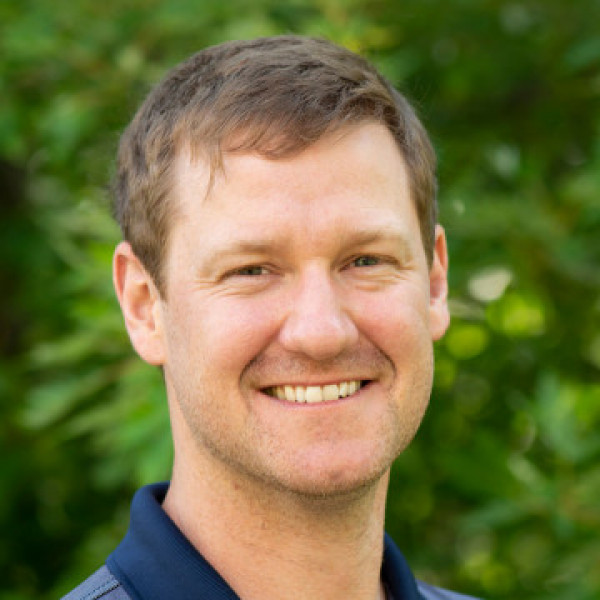
Joan Hubert
Joan Hubert
Patient Partner
As a patient partner, Joan Hubert is integral to the success of The Gray Centre. Following a traumatic car accident in 2016, Joan spent more than five months as an inpatient at Parkwood Institute completing her rehabilitation. Since that time Joan has been a patient advisor on various projects and committees and is a current member of the Quality Committee of St. Joseph’s Health Care London’s Board of Directors.

Our first event
Introducing The Gray Centre for Mobility and Activity
This virtual session on Oct. 21 presented a selection of the latest research and treatments in mobility and activity health care.
Watch a recording of the event.
Hear presentations from:
Sue Peters, PhD
Wireless Neuroimaging During Mobility to Predict Recovery Trajectories after Stroke
Stroke survivors say their top rehabilitation priority is to regain the ability to walk. Yet, one out of three stroke survivors do not walk in their community after discharge from rehabilitation. Though a stroke damages the brain, clinicians fail to use brain measures to guide the rehabilitation process. The problem is that there are no proven neuroimaging predictors of mobility recovery. Excitingly, wireless neuroimaging can now allow us to discover more ecologically valid data. Learn more about the possibilities of collecting neuroimaging data using wireless technology during mobility tasks (e.g., overground walking, stairs) at multiple timepoints during a patient’s rehabilitation stay.
Swati Mehta, PhD
Virtual Physical Activity Programming During Pandemic
The current pandemic has reduced access to safe, monitored physical activity (PA) programs for persons with spinal cord injury (SCI). Inactivity can contribute to a multitude of secondary complications including worsening physiological and psychosocial health. Learn about the use of telerehabilitation for continuing activity engagement without the risk of virus exposure.
Dr. Manuel Montero-Odasso
Mobility and Cognition. The Collision of 2 Giants
Until recently, cognitive and mobility research in older persons has been performed in silos, creating knowledge gaps and obscuring the shared mechanisms that cause both cognitive and mobility impairments. Considering cognitive and mobility impairments separately is not only inefficient but it does not acknowledge the reality that leads to insidious disability in older people caused by dementia and falls. Learn more about our research in cognition and mobility.
Stephanie Cornell, MPT
Who, What, When? Using Technology in Rehab
Parkwood Institute is home to specialized rehabilitation programs with access to some of the most advanced rehab technologies in Canada. Effective and appropriate use of rehab technology means that our patients receive the best care possible, when they need it. But there needs to be a coordinated plan in place to ensure both competency in technology use and sustainability over the long-term. Learn more about our training, education and evaluation model for utilizing rehabilitation technology in practice.
Sandy Jansen
Sandy Jansen
Vice President, Patient Care and Risk Management, St. Joseph's Health Care London
Sandy is currently the Vice President, Patient Care and Risk Management for St. Joseph's Health Care London. In this role, Sandy provides executive leadership to the clinical operations at Parkwood Institute Main Building and Mount Hope Centre for Long Term Care, as well as Corporate Risk Management, Privacy and Patient Relations.
Prior to joining St. Joseph's, Sandy was the President and and CEO of Tillsonburg District Memorial Hospital and Alexandra Hospital Ingersoll where she was responsible for leading the day to day operations of the hospitals; establishing systems for assuring that high quality care; assuring sound fiscal operation of the hospitals; ensuring compliance with regulatory agencies and accrediting bodies; and ensuring optimal fulfillment of the hospitals' mission, philosophies, and strategic plan to support the care needs of the communities served.
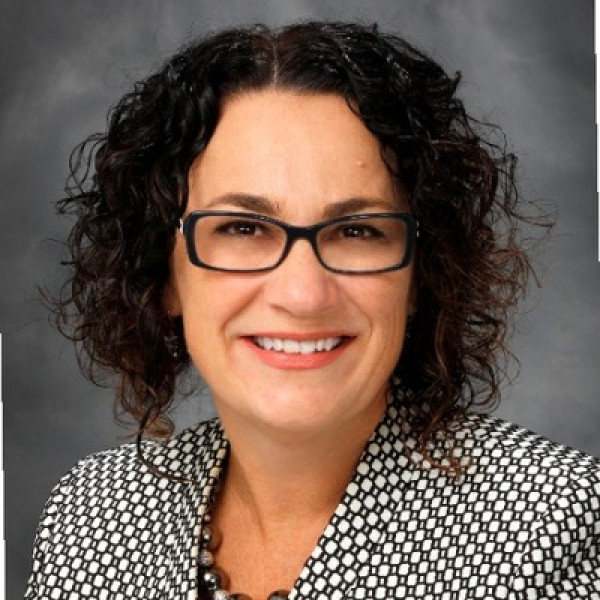
Siobhan Schabrun
Siobhan Schabrun, PhD
Professor, School of Physiotherapy
Siobhan Schabrun is the William and Lynne Gray Endowed Research Chair in Mobility and Activity and Professor in the School of Physical Therapy. Her research program is focused on understanding, treating and preventing persistent pain – a major cause of reduced mobility and activity amongst otherwise healthy individuals and those living with musculoskeletal and neurological conditions. In addition, Professor Schabrun explores the use of non-invasive brain stimulation technologies to boost neuroplasticity and improve outcomes following traditional forms of rehabilitation such as exercise, functional electrical stimulation and virtual reality training. Professor Schabrun is passionate about improving the translation of research evidence into practice and about promoting the participation of women and girls in science.
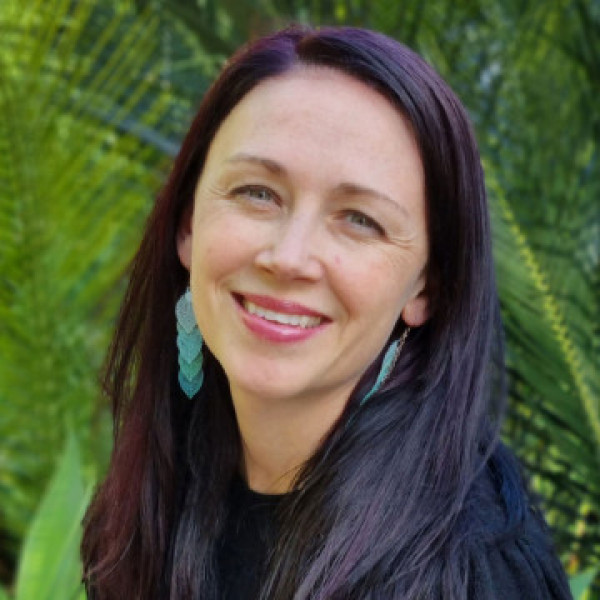
Using technology to support motor recovery following stroke: A panel discussion
An ever-growing body of evidence supports the use of technology-based interventions for physical rehabilitation in stroke, yet their use in clinical practice has traditionally been low compared to behavioral interventions.
This presentation provides an overview of the technologies and devices for motor rehabilitation post stroke, the evidence for their use, and the results from a national survey of awareness and use of these technologies among physical and occupational therapists.
The panel discussion examines the barriers that limit awareness and use of technologies, how to implement these therapeutic options in practice and educate more researchers, clinicians and patients on their importance. The panel consists of researchers, a therapist, an administrator, a physiatrist and a person with lived experience.
Presenters: Amanda McIntyre, Marcus Saikaley, Manny Paiva, Karen O'Neil, Vern Robinson, Robert Teasell
View the video event: Using Technology to Support Motor Recovery Following Stroke
This event took place on June 30, 2022